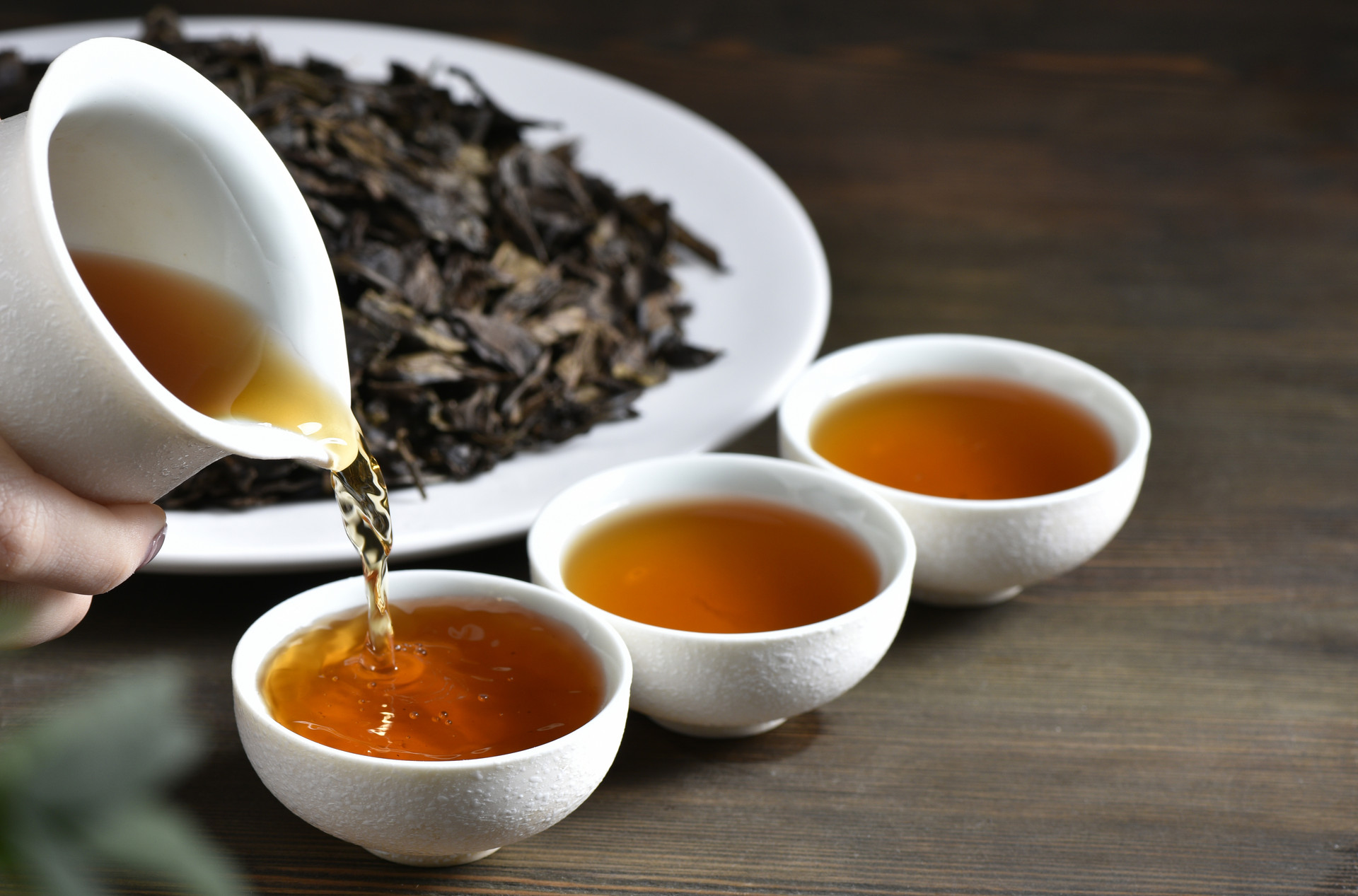Ginseng used in general health or treatment refers to raw ginseng, one of the commonly used Chinese herbal medicines, mainly produced in Inner Mongolia, Shanxi, Heilongjiang and other regions of China. Ginseng has the effects of replenishing qi and solidifying the surface, diuresis and detoxification, draining pus, and promoting the growth of new tissues. It is mainly used for symptoms such as qi deficiency and weakness, poor appetite and loose stools, sinking of middle qi, chronic diarrhea and prolapse of anus, and bleeding and leakage of stool due to weak surface and spontaneous sweating.
Benefiting Qi and Solidifying the Surface
Ginseng is sweet and warm, enters the spleen meridian, and is an important medicine for tonifying the spleen and replenishing qi. It can treat spleen deficiency, fatigue and weakness, and poor appetite and loose stools.
Contracting Sweating and Stopping Leaks
Ginseng can replenish the qi of the lungs and spleen, strengthen the defense and solidify the surface to stop sweating, and treat the lack of defense due to spleen and lung qi deficiency, and weak surface with spontaneous sweating. Because ginseng can also lift yang and raise sinking, it can also treat chronic diarrhea and prolapse of anus due to spleen deficiency and sinking of middle qi, and visceral prolapse.
Diuresis and Reducing Swelling
Ginseng can both replenish the spleen and benefit qi in treating the root cause, and promote diuresis and reduce swelling in treating the symptoms. It is an essential medicine for qi deficiency and water swelling, and can treat spleen deficiency and water-dampness stagnation, edema and reduced urine output.
Draining Pus and Healing Wounds
With its ability to replenish qi and nourish blood, ginseng can strengthen the body's vitality, promote the discharge of toxins and pus, and promote the growth of new tissues and healing of wounds. It can be used to treat ulcers, difficult-to-heal abscesses, and other conditions.
Regulating Blood Pressure
The antihypertensive components of ginseng are γ-aminobutyric acid and ginsenoside Rb1, which have a certain dual-regulating effect on blood pressure. Ginseng can significantly reduce the resistance of cerebral blood vessels, peripheral blood vessels, coronary arteries, and mesenteric arteries in anesthetized dogs. It has a dilating effect on these blood vessels, but it has a constricting effect on renal blood vessels. The main antihypertensive effect of ginseng is the direct dilation of peripheral blood vessels, resulting in a reduction in peripheral resistance.
Enhancing Immune Function
Ginseng can significantly increase the total number of white blood cells in the blood, promote the phagocytic function and bactericidal ability of neutrophils and macrophages, and enhance the body's immune function.
Protecting the Liver
Ginseng has a hepatoprotective effect, especially on the reduction of serum total protein and albumin caused by carbon tetrachloride-induced liver damage, and it can promote their recovery. It can also prevent the reduction of liver glycogen caused by carbon tetrachloride. It is suitable for patients with chronic hepatitis and can improve the ability to clear the virus or inhibit the spread of the virus.
Strengthening the Heart
Ginseng has a cardiotonic effect, increasing the amplitude of cardiac contraction and output, and its effect on the poisoned or exhausted heart is more pronounced. Moreover, ginseng polysaccharides can counteract acute myocardial ischemia caused by posterior pituitary lobe.












